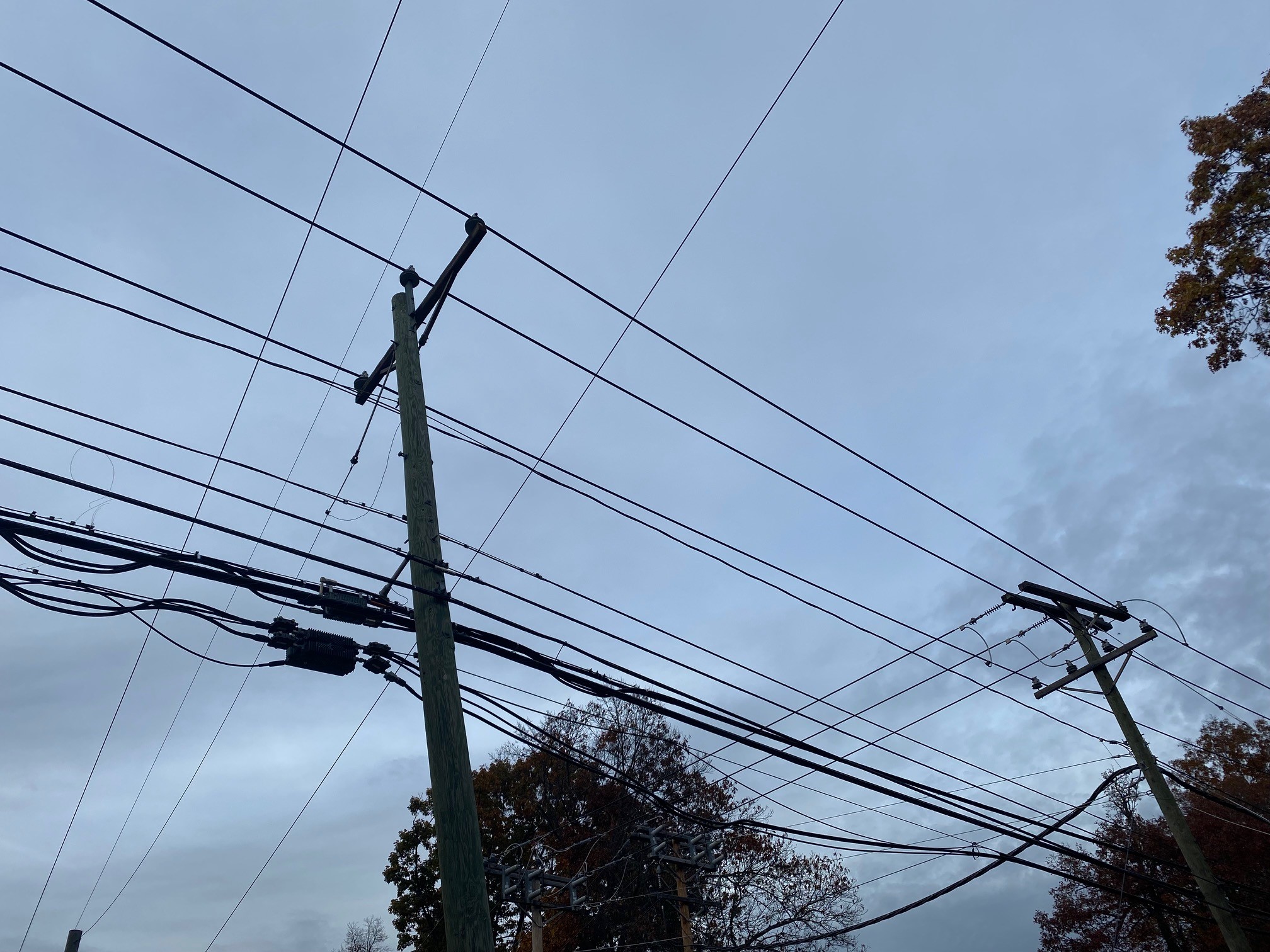Some Democratic lawmakers have proposed a tax on sweetened drinks in Connecticut to help fund school meals for students in need.
A group of House Democrats wants to implement a tax on sweetened drinks as a way to fund universal school meals.
The proposal would charge businesses that purchase the drinks, as well as syrups and powders, at a rate of two cents per ounce.
Stream Connecticut News for free, 24/7, wherever you are.
Rep. Moira Rader (D-Guilford) said this would overcome some of the obstacles she and other lawmakers would face when trying to secure the state funding needed to provide free breakfasts and lunches to all students.
“We could basically show the governor and leadership that we’ve created a revenue stream that won’t have to tap into the budget,” Rader said outside a public hearing at the Legislative Office Building Monday.
Get top local Connecticut stories delivered to you every morning with the News Headlines newsletter.
The proposal would tax most beverages with added natural or artificial sweeteners, including regular and diet sodas, many juices and iced teas.
It would also apply to syrups and beverages purchased by restaurants to make or sweeten beverages. Even coffees with added sweeteners would be taxed.
The bill does carve out exemptions for 100% fruit juices, flavored “milk-based” beverages where milk is at least 50% and drink powders bought for personal consumption.
Local
A group of University of Connecticut researchers estimated the tax could produce $206 million.
The tax is levied on businesses who purchase the drinks and items, but Connecticut Restaurant Association President and CEO Scott Dolch said those businesses will pass the cost on to customers.
“My concern is this is putting it on the backs of small businesses and restaurants, grocery stores... It's not just the 'soda tax' that people like to say,” he said.
Rep. Rader said sugary drinks also pose health risks, so deterring people from purchasing those items is a “win-win.”
UConn’s Rudd Center for Food Policy and Health says consumption drops by an average of 15% after a such a tax is implemented.
Rader said she’s still confident the tax would produce enough revenue to fund free meals for all students.
A recent survey by the School Nutrition Association of Connecticut found 72 responding school districts had a combined $862,555 in school lunch debt.
End Hunger Connecticut Policy Coordinator Amari Brantley said it’s important for the state to pay for those lunches to ensure those students don’t go hungry. Studies have found students perform better in school when they have access to food.
“30% of our children here in Connecticut are food insecure, and so what that means is that sometimes their only meal that they get is at school,” Brantley said.
Republicans said Democrats should prioritize fitting that funding into the existing state budget without creating a tax.
Some Democrats said the tax would also provide funding should Congress cut federal aid, but Republicans contend the state has enough money.
“If and when that comes, we have a number of different areas we can look at in terms of realizing those cuts and then funding them properly,” Rep. Joe Polletta (R-Watertown) said.
Gov. Ned Lamont’s budget includes $15 million over the next two years to cover meals for families that qualify for reduced-price meals and to provide universal free breakfasts in fiscal year 2027.
A spokesman for Lamont’s budget office didn’t take a stand on the creation of a sweetened beverage tax but said the governor supports providing food in school.
“No student should go to school hungry, as it undermines their ability to learn,” the spokesman, Chris Collibee, said.
He also urged Congress to continue providing aid to some communities, saying it’s “not something state and local governments can do on their own.”



